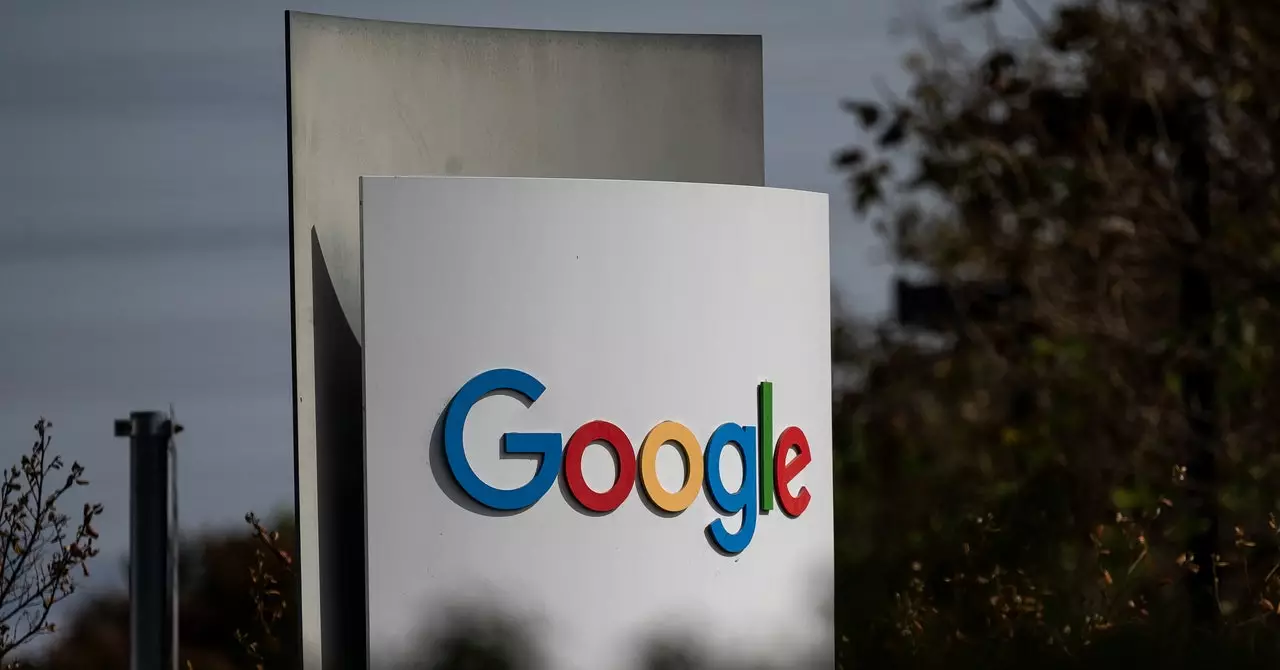As technology advances, the dynamics of the digital landscape are shifting dramatically, particularly in the realm of artificial intelligence (AI). Google, a titan in search technology, is now vying for a new era dominated by AI-driven applications like its Gemini Assistant chatbot. However, the journey to establish Gemini as a viable competitor to established platforms like OpenAI’s ChatGPT is fraught with challenges, particularly in the context of recent legal proceedings and adjustments to competitive strategies.
In a landscape where the user experience is paramount, Google’s proposed legal maneuvers after a damning antitrust ruling illuminate both tactical brilliance and potential limitations. The US federal court ruling highlighted the various ways in which Google has maintained its search dominance, often at the expense of fair competition. The court found that Google’s partnerships have effectively sealed its position as the default search engine across multiple platforms, thereby stifling innovation and consumer choice.
In response to the ongoing challenges posed by the US Justice Department, Google has made strategic proposals aimed at lessening its hold over device manufacturers, browser developers, and wireless carriers. This move could be characterized as a double-edged sword. On one hand, the regulatory scrutiny compels Google to manifest a more flexible approach; on the other, it raises the stakes for its flagship products.
The proposed restrictions suggest a nuanced balancing act where Google maintains a degree of control while attempting to appease regulatory demands. By allowing partners the autonomy to choose their default search provider, Google could potentially alienate themselves from the accustomed benefits of exclusivity, risking exposure to rival search platforms and AI services.
While such changes could be perceived as a retreat from monopolistic tendencies, they also indicate an unwillingness to relinquish core partnerships. The recent announcements indicate that Google may still maneuver its way into strategic promotions—when it chooses to pay partners like Samsung to favor its services.
The Implications of Market Dynamics
The emergence of generative AI tools, including Gemini and ChatGPT, introduces a new competitive angle that both disrupts and complements existing market frameworks. These technologies are setting the stage for a pivotal shift where traditional search methods may take a back seat as users gravitate towards conversational AI. This evolution sparks debates about whether dominance in conventional search translates to an advantage in the burgeoning realm of AI interfaces.
The legal framework surrounding Google’s operations has created an ongoing tug-of-war between preserving their market position and adhering to legal mandates that aim to check their power. The US Justice Department seeks to ensure that Google’s far-reaching influence does not transfer seamlessly into this new AI frontier. They aim to safeguard a competitive landscape, though achieving this goal might take many years of appeals and further legislative scrutiny.
Interestingly, the current situation reflects both confidence and trepidation within Google’s leadership and its parent company, Alphabet. The recent surge in stock prices, attributed to positive investor sentiment about the company’s trajectory, stands in contrast to the impending legal challenges. With shares reportedly climbing over 37% in 2024, it highlights a stock market perception that may not fully account for the longer-term ramifications of regulatory changes.
While Google reiterates its user-centric approach as the cornerstone of its success, critics argue that the reliance on default settings is an anticompetitive behavior that diminishes user choice. Google now faces the paradox of having to innovate quickly while also preparing for an uncertain future shaped by legal restraints. As hearings loom, the company must navigate these waters with tact and vision if it hopes to keep its place at the forefront of search technology.
Ultimately, as we watch the developments unfold, the question remains: can Google transform its legal constraints into a crucible for innovative breakthroughs that successfully incorporate AI into everyday search experiences? Only time will tell how the intersection of law, technology, and market dynamics shapes the future of search and AI in our digital lives.

